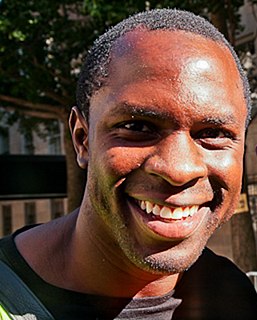A Quote by Maria Montessori
Growth comes from activity, not from intellectual understanding.
Quote Topics
Related Quotes
The feeling of understanding is as private as the feeling of pain. The act of understanding is at the heart of all scientific activity; without it any ostensibly scientific activity is as sterile as that of a high school student substituting numbers into a formula. For this reason, science, when I push the analysis back as far as I can, must be private.
Since the Greeks the predominant attitude of thinkers towards intellectual activity was to glorify it insofar as (like aesthetic activity) it finds its satisfaction in itself, apart from any attention to the advantages it may procure. Most thinkers would have agreed with Renan's verdict that the man who loves science for its fruits commits the worst of blasphemies against that divinity. The modern clercs have violently torn up this charter. They proclaim the intellectual functions are only respectable to the extent that they are bound up with the pursuit of concrete advantage.
The progress of science requires the growth of understanding in both directions, downward from the whole to the parts and upward from the parts to the whole. A reductionist philosophy, arbitrarily proclaiming that the growth of understanding must go only in one direction, makes no scientific sense. Indeed, dogmatic philosophical beliefs of any kind have no place in science.
I don't measure people by whether they agree with me or not. I measure them by their sincerity. Sincerity, with as much reality as you can get. Sincerity with toughness, experience, and understanding of the issue - real understanding, not just academic and intellectual understanding. That takes some courage.
Inventive genius requires pleasurable mental activity as a condition for its vigorous exercise. "Necessity is the mother of invention" is a silly proverb. "Necessity is the mother of futile dodges" is much closer to the truth. The basis of growth of modern invention is science, and science is almost wholly the outgrowth of pleasurable intellectual curiosity.

































